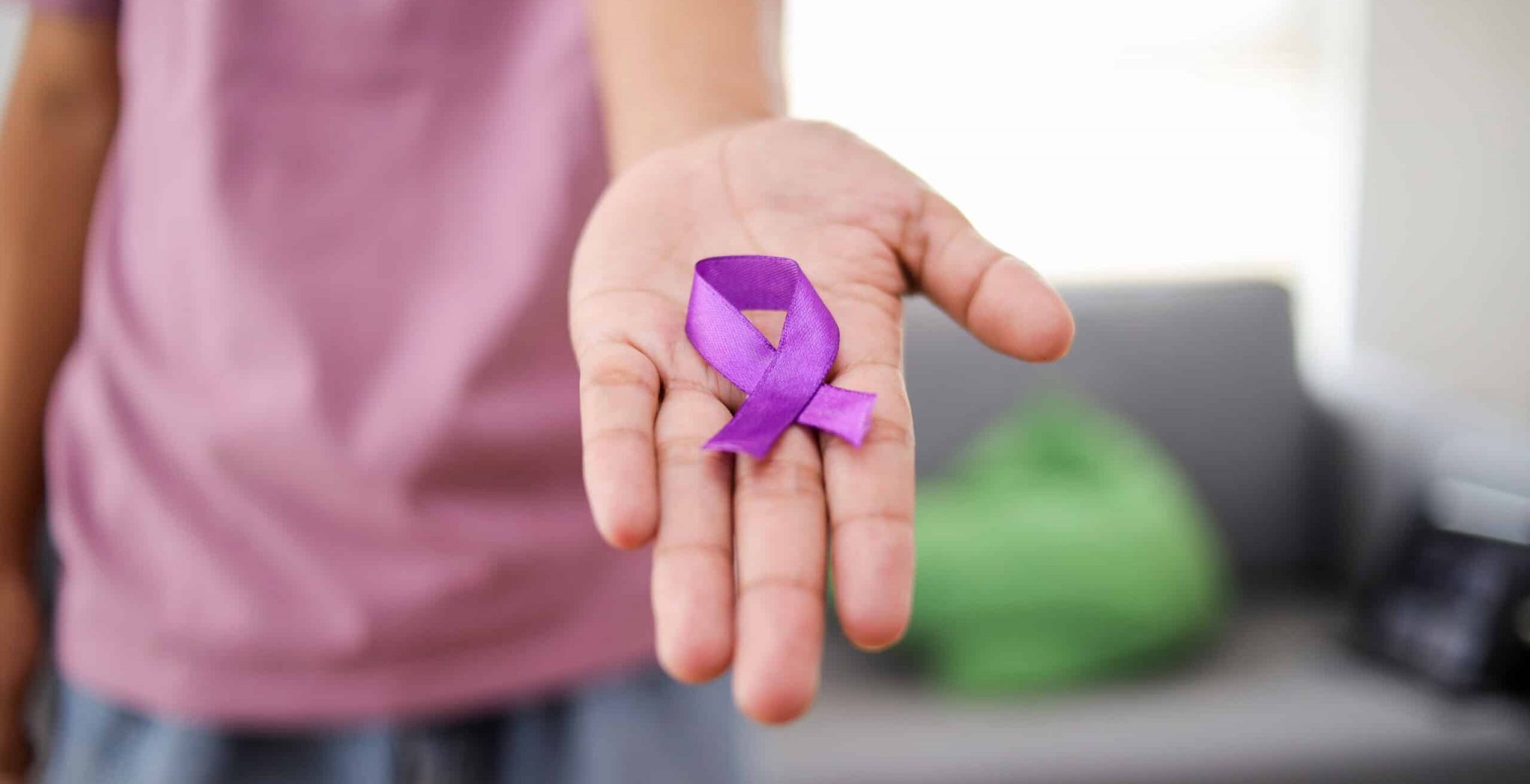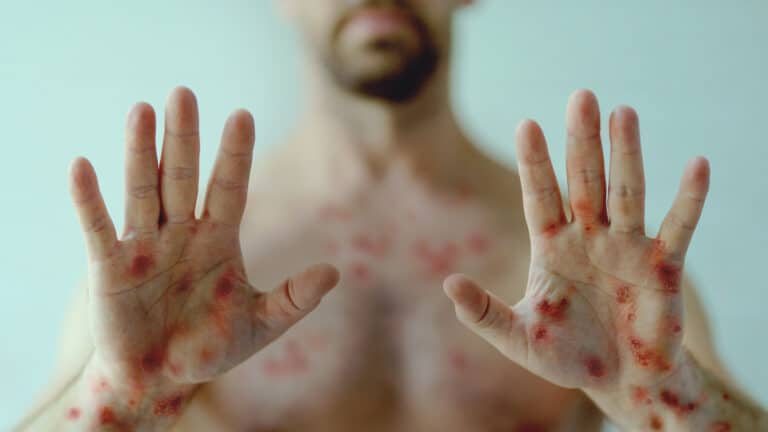What is Overdose Awareness Day?
International Overdose Awareness Day, observed annually on August 31st, is the world’s largest annual campaign to end overdose, remember without stigma those who have died from drug overdose, and acknowledge the grief of families and friends left behind. This global event has expanded into Overdose Awareness Week and even Overdose Awareness Month in many communities, creating extended opportunities for education, prevention, and healing.
The campaign aims to raise awareness about overdose as a major public health issue, reduce the stigma surrounding drug-related deaths, and provide information about overdose prevention and drug treatment services. For families affected by addiction, this observance offers a chance to honor loved ones while advocating for change.
The Current Overdose Crisis: Understanding the Statistics
The overdose epidemic continues to devastate communities across the United States. According to the Centers for Disease Control and Prevention (CDC), drug overdose deaths reached record levels in recent years, with synthetic opioids like fentanyl driving much of the increase. Understanding these statistics helps contextualize the urgent need for comprehensive addiction treatment and overdose prevention strategies.
Key Statistics:
- Over 107,000 Americans died from drug overdoses in 2022
- Fentanyl is involved in approximately 70% of overdose deaths
- Young adults aged 25-44 represent the highest risk group
- Overdose deaths have increased across all demographic groups
Types of Overdose Awareness Observances
International Overdose Awareness Day (August 31st)
The primary observance focuses on remembrance, awareness, and action. Communities worldwide organize memorial services, educational events, and advocacy campaigns.
Overdose Awareness Week
Many organizations extend the observance to a full week, typically the last week of August through early September, allowing for more comprehensive programming and outreach.
Overdose Awareness Month
Some communities dedicate the entire month of August to overdose awareness, incorporating multiple events, educational campaigns, and resource fairs throughout the month.
Common Signs of Overdose
Recognizing overdose symptoms can save lives. Different substances present different warning signs:
Opioid Overdose Signs
- Slow or absent breathing
- Blue lips, fingernails, or skin
- Gurgling or choking sounds
- Limp body
- Pale or clammy skin
- Unresponsiveness to noise or pain
Stimulant Overdose Signs
- Rapid or irregular heartbeat
- High body temperature
- Seizures
- Difficulty breathing
- Chest pain
- Extreme agitation or paranoia
Alcohol Overdose Signs
- Confusion or stupor
- Vomiting
- Slow or irregular breathing
- Hypothermia
- Loss of consciousness
For detailed information about specific substance overdoses, including cocaine overdose risks, consult our comprehensive treatment resources.
Overdose Prevention Strategies
Prevention remains the most effective approach to reducing overdose deaths. Comprehensive prevention strategies include:
Harm Reduction Approaches
- Naloxone Distribution: Making naloxone (Narcan) widely available
- Fentanyl Test Strips: Testing substances for deadly fentanyl contamination
- Safe Use Education: Teaching safer consumption practices
- Supervised Consumption Sites: Providing safe spaces for substance use
Treatment and Recovery Services
- Medication-Assisted Treatment: Evidence-based treatments for opioid addiction
- Addiction Therapy: Individual and group counseling services
- Dual Diagnosis Treatment: Addressing both addiction and mental health disorders
- Recovery Support Services: Peer support and long-term recovery assistance
Community-Based Prevention
- Education campaigns targeting high-risk populations
- Training programs for first responders and community members
- Policy advocacy for evidence-based interventions
- Reducing stigma through public awareness campaigns
How to Get Involved in Overdose Awareness
Individual Actions
- Learn about overdose prevention and carry naloxone
- Share accurate information about addiction and recovery
- Support family members and friends in recovery
- Advocate for evidence-based policies
- Participate in local awareness events
Community Engagement
- Organize or attend memorial services
- Host educational workshops
- Coordinate naloxone training sessions
- Partner with local organizations for awareness campaigns
- Lobby for increased funding for treatment services
Healthcare Provider Involvement
- Provide naloxone training and distribution
- Implement screening tools for substance use disorders
- Offer trauma-informed care
- Connect patients with appropriate treatment resources
- Participate in community education efforts
Resources for Families and Individuals
Crisis Resources
- National Suicide Prevention Lifeline: 988
- SAMHSA National Helpline: 1-800-662-HELP (4357)
- Crisis Text Line: Text HOME to 741741
- Southern California Sunrise Recovery Center: (949) 284-7325
Treatment Options
If you or a loved one is struggling with addiction, comprehensive treatment options are available:
- Orange County Detox: Medically supervised withdrawal management
- Orange County Rehab: Comprehensive addiction treatment programs
- PTSD Treatment: Specialized care for trauma-related disorders
- Depression Treatment: Mental health services for co-occurring conditions
Educational Resources
- How Addiction Affects the Family: Understanding the impact on loved ones
- Staging an Intervention Guide: How to help a loved one seek treatment
- Substance Abuse and Suicide: Understanding the connection between addiction and mental health
- The Science of Addiction: Evidence-based information about addiction as a disease
Supporting Someone in Recovery
For Family Members
Supporting a loved one in recovery requires understanding, patience, and access to appropriate resources:
- Learn about addiction as a disease
- Participate in family recovery programs
- Set healthy boundaries
- Celebrate recovery milestones
- Maintain hope during setbacks
For Friends and Community Members
- Reduce stigma through language and actions
- Support recovery-friendly policies and businesses
- Learn about available community resources
- Practice non-judgmental support
- Understand that recovery is a long-term process
Government and Clinical Resources
Federal Resources
- SAMHSA (Substance Abuse and Mental Health Services Administration): www.samhsa.gov
- CDC Injury Prevention: www.cdc.gov/injury
- National Institute on Drug Abuse: www.drugabuse.gov
- DEA Drug Prevention: www.dea.gov
State and Local Resources
- California Department of Public Health: www.cdph.ca.gov
- Orange County Health Care Agency: www.ochealthinfo.com
- CalOES (California Office of Emergency Services): www.caloes.ca.gov
Clinical Evidence and Research
- American Society of Addiction Medicine: www.asam.org
- Journal of Substance Abuse Treatment: Clinical research and evidence-based practices
- Cochrane Library: Systematic reviews of addiction treatment interventions
- PubMed: National library of medical research
Specialized Treatment Programs
First Responder Support
First responders face unique challenges with substance use due to occupational stress and trauma exposure. Specialized programs address:
- PTSD and trauma-related addiction
- Occupational stress management
- Peer support networks
- Career protection and confidentiality
Veterans Services
Veterans’ mental health and addiction services recognize the unique challenges faced by military personnel:
- Combat-related trauma
- Military sexual trauma
- Transition-related stress
- VA benefit coordination
LGBTQ+ Support
LGBTQ individuals may face additional barriers to treatment, requiring culturally competent care:
- Discrimination and minority stress
- Identity-affirming treatment approaches
- Peer support groups
- Inclusive treatment environments
Insurance and Financial Resources
Understanding insurance coverage for addiction treatment is crucial for accessing care:
Insurance Providers We Work With
Financial Assistance
- Sliding scale payment options
- Payment plans
- State-funded treatment programs
- Grant-funded services
- Scholarship opportunities
How to Observe Overdose Awareness in Your Community
Planning Community Events
- Memorial services with candle lighting ceremonies
- Educational workshops and panel discussions
- Naloxone training sessions
- Resource fairs with local treatment providers
- Advocacy letter-writing campaigns
Social Media Campaigns
- Share personal stories of recovery (with permission)
- Post educational content about overdose prevention
- Use official hashtags: #OverdoseAwarenessDay #EndOverdose
- Promote local treatment resources
- Challenge stigma through fact-based information
Workplace Initiatives
- Employee assistance program awareness
- Lunch-and-learn sessions about addiction
- Naloxone training for staff
- Mental health first aid certification
- Policy review for substance use disorders
The Role of Stigma Reduction
Stigma surrounding addiction and overdose deaths creates barriers to treatment and recovery. During Overdose Awareness observances, communities can:
- Use person-first language (person with addiction, not addict)
- Share stories of recovery and hope
- Educate about addiction as a medical condition
- Challenge misconceptions and stereotypes
- Promote evidence-based treatment approaches
Looking Forward: The Future of Overdose Prevention
Emerging approaches to overdose prevention include:
Technology Solutions
- Mobile apps for overdose response
- Telemedicine for rural treatment access
- AI-powered risk assessment tools
- Electronic health record integration
- Social media prevention campaigns
Policy Innovations
- Good Samaritan laws for overdose response
- Prescription drug monitoring programs
- Criminal justice reform initiatives
- Healthcare integration requirements
- Insurance parity enforcement
Treatment Advances
- New medications for addiction treatment
- Personalized medicine approaches
- Integrated care models
- Recovery coaching programs
- Peer support integration
Conclusion: Taking Action Beyond Awareness
Overdose Awareness Day, Week, and Month serve as powerful reminders of the ongoing addiction crisis and the need for comprehensive action. While awareness is crucial, it must be coupled with concrete steps toward prevention, treatment, and recovery support.
If you or someone you know is struggling with addiction, help is available. At Southern California Sunrise Recovery Center, we provide evidence-based addiction treatment in a supportive, healing environment. Our comprehensive approach addresses not only addiction but also underlying mental health conditions that contribute to substance use disorders.
Don’t wait for a crisis to seek help. Contact us today at (949) 284-7325 to learn about our treatment programs and how we can support your journey to recovery. We accept most major insurance plans and can verify your benefits quickly and confidentially.
Together, we can work toward a future where overdose deaths are preventable, treatment is accessible, and recovery is supported by entire communities.
Additional Resources
Educational Materials
- Drug Use Statistics in Orange County: Local data and trends
- Healthy Coping Strategies for Stress: Alternative approaches to substance use
- Mental Health Awareness Month: Comprehensive mental health resources
Treatment Information
- Orange County Pet-Friendly Rehab: Treatment options that accommodate beloved pets
- Holistic Therapy: Comprehensive healing approaches
- Equine Therapy: Animal-assisted treatment options
Contact Information
Southern California Sunrise Recovery Center
25481 Gloriosa Dr, Mission Viejo, CA 92691
Phone: (949) 284-7325
Email: admissions@socalsunrise.com
Website: socalsunrise.com






